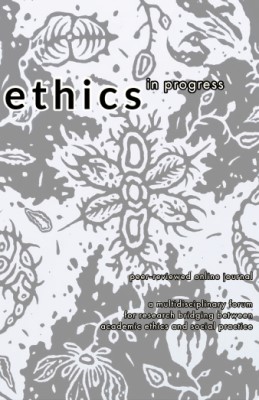The Topicality of Hegel’s Concept of “Bildung” for Our Liberal Society
The Topicality of Hegel’s Concept of “Bildung” for Our Liberal Society
Author(s): Jure ZovkoSubject(s): Philosophy of Mind
Published by: Uniwersytet Adama Mickiewicza
Keywords: Hegel as ‘the last Greek’; Bildung; paideia; the realm of education; liberal society; human development;
Summary/Abstract: In the following article, I will explain Hegel’s definition of modernity from the point of view of his understanding of “Bildung,” since this is a fundamental and newly relevant theme of Hegel’s philosophy nowadays. “Bildung” can be transliterated as education, but may also be interpreted as a general formative or developmental process, or cultivation (culture, respectively). With the term “Bildung” Hegel also refers to the formative self-development of the mind, its coming to individual as well as collective flourishing. The objective spirit manifests itself in the culture of humans. However, education in the sense of “Bildung” does not take place primarily through the transmission of information, values, norms, etc. by the teacher, but through “experience” [Erfahrung], which signifies the conflicting process by which a spiritual being discovers its own identity or self, while at the same time striving for self-consciousness, which is in the process of self-discovery. Through education, the human mind develops its capacity for understanding, reflection and judgment, and thus overcomes its natural intellectual, spiritual, normative, aesthetic, etc., poverty.
Journal: Ethics in Progress
- Issue Year: 13/2022
- Issue No: 1
- Page Range: 80-90
- Page Count: 11
- Language: English

